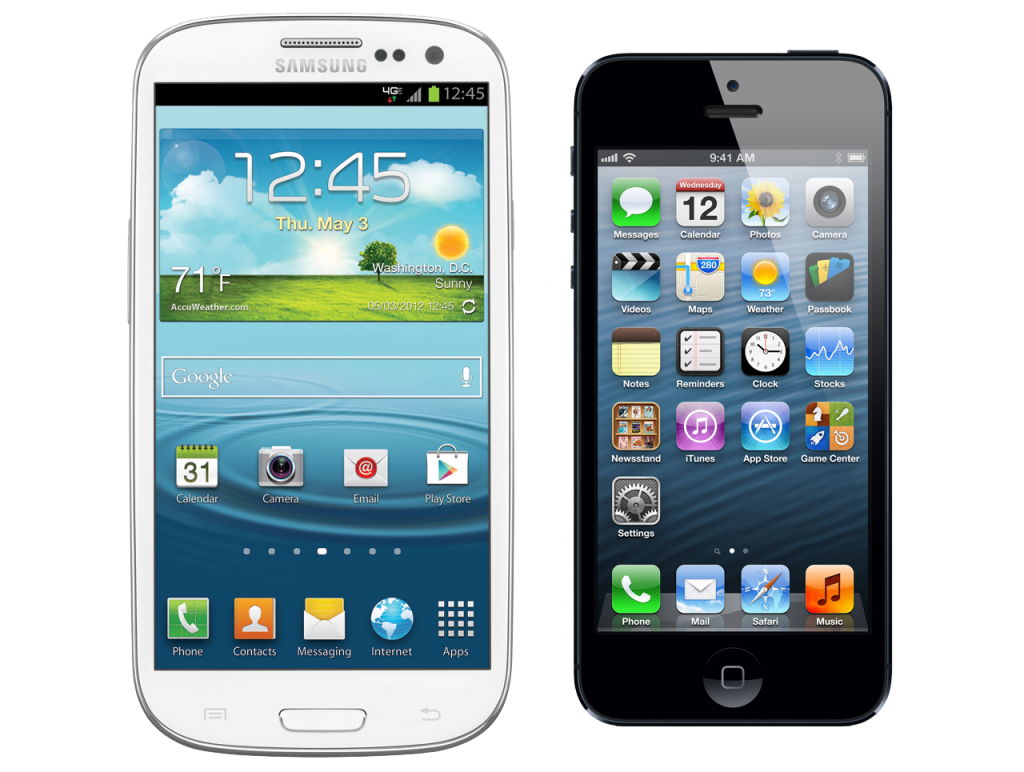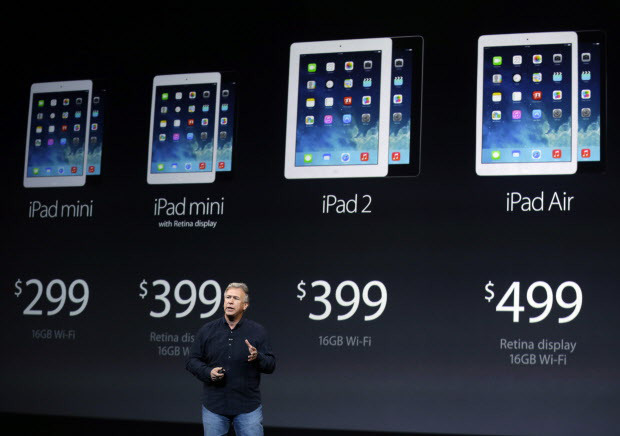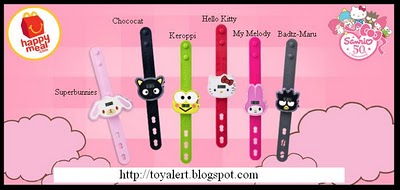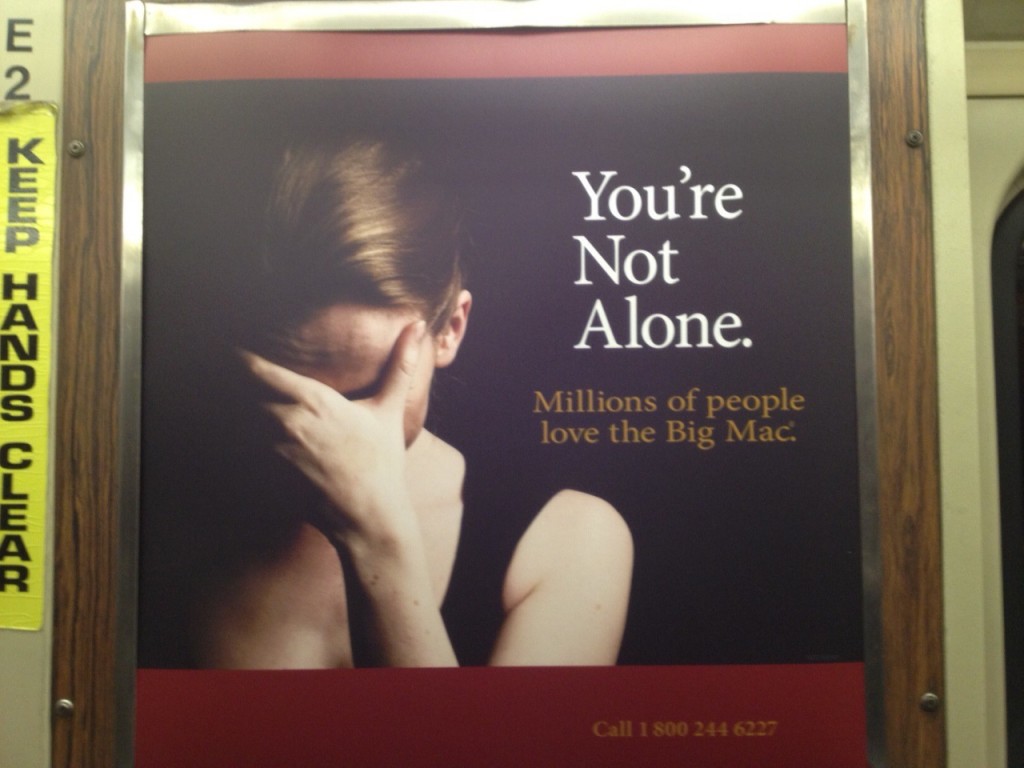The previous writing assignments were easy for our team since we would always meet up and discuss the time we should get the work done and which member is in charge of which part. However, the video project was different since it was not as simple as member A finishes scene 1 by himself, member B is in charge of scene 2, and so on. The video project required every team member to be present for every moment of film making and soon enough we faced a challenge. How should we film our video?
The previous assignments were standardized and given a rubric to follow with. The video project was completely up to our team to decide everything – there was no requested style or scenes, but only a seven minutes limit. Our team originally came up with a music video idea, merging creative lyrics and music beats into rap. Unfortunately, we realized with our time and resources we would not be able to create a music video that reaches our standard. We started to brainstorm for another idea and together we came up with something everyone definitely supports: The True Story of Lululemon.
We were each assigned to a scene and one scene was given a one minute limit. We individually wrote our script then merged all the scripts together so our final script was written by every team member. The location and time of filming were decided as a team, if more than two ideas were present, we would evaluate and choose the one that was a better fit. We finished our filming in two days since every team member had different availabilities due to work and school to handle, but in total we spent only a few hours to film. Overall, I really enjoyed working with my team and completing this assignment as it allowed me to use my creativity and connect better with my team through non stop discussion and meetings.







